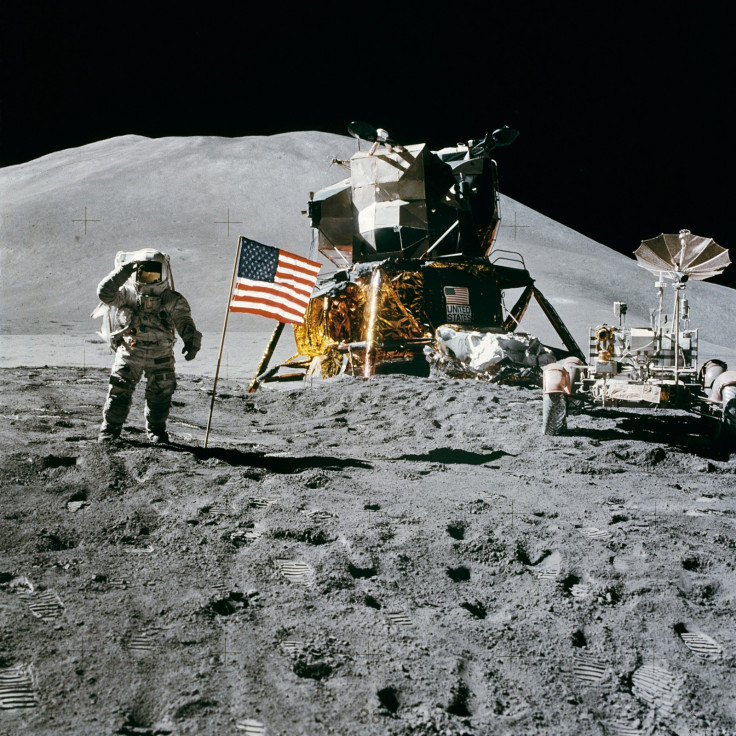Radio signal haze could affect scientists' findings on the far side of the moon
Radiation leak could invade the darkness of far side of the moon.
For centuries, the moon has been an intriguing subject for scientists across the globe. With so many moon missions, it is true that everyone around the world wants to explore its resources and territory. However, according to a latest report, astronomers argue that the lights and radio signals could be affecting the findings.
The ever-evolving human technology has allowed humans to explore not only the extreme territories on Earth but also the outer space. According to Space.com, the invisible flashes of radio waves coming from the human technology on land as well as in the orbit has caused a halo of sorts around Earth. As per the scientists, this smog of radio signals could hinder scientists' findings about the universe.
The scientists go on to say that the only place in our solar system that seems unaffected yet is what is referred to as a the far side of the Moon, the side that always faces away from Earth where one of the largest craters in solar system exist known as the South Pole-Aitken basin. However, if appropriate measures are not taken, radio waves from growing human technology could impact this side of the moon as well.
Speaking with publication, Mike Garrett, director of the Jodrell Bank Centre for Astrophysics and co-chair of the International Academy of Astronautics' permanent SETI committee, expressed his concerns about how radio communication systems could impact the outer space.
"The Earth has been putting up radio communications systems for more than 100 years, and things have evolved in a slow but also not completely regulated way," Garrett said.
However, with growing knowledge of long radio waves' potential in discovering what was the universe like before stars appeared, things are changing. Meanwhile, governments and private corporations are looking to set their foot on the moon. In the absence of written regulations and slowly developing spaceflight engineering, scientists feel that there is a need for a dialogue.
"There's definitely a new sense of urgency and I think much more because of the growth and the potential of the commercial sector," Michelle Hanlon, a lawyer at the University of Mississippi School of Law specialising in outer space told the publication. "I think there's a fear on the part of scientists that everything's going to be exploited," she added.
Scientists fear that as soon as someone sets foot on the moon there is a need for communication system. And no matter what they do, there is a threat of radiation leakage from the equipment that could pollute the radio-quiet zones like far side of the moon. There is an urgent need of radio protection while designing satellites. Scientists are reportedly hoping for a group similar to the International Telecommunications Union who oversee uses of radio waves for different purposes. A group like this could protect the moon.

"We want to be using the resources on the moon. We want to be back on the moon. I definitely don't want to stop exploration of the moon," Garrett said. "I would only ask that we try and have some regulation of how we do that," he added.
© Copyright IBTimes 2025. All rights reserved.





















